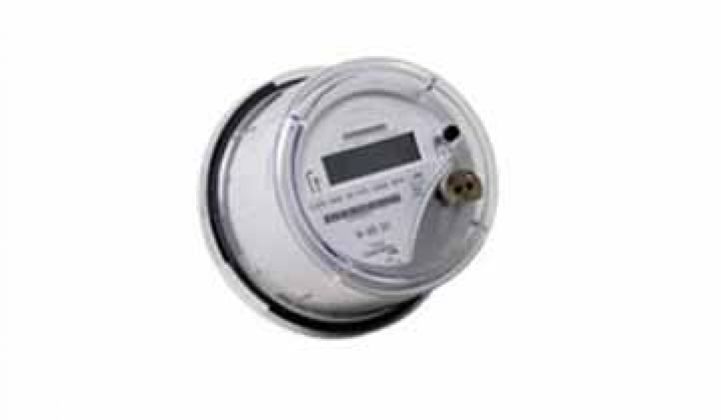A picture is worth one thousand words. Or, in the case of news coverage on BC Hydro’s smart meters, a picture has sparked a few words.
The British Columbia utility is on the verge of rolling out 1.8 million smart meters. In BC Hydro’s smart meter business case, there is a picture of an Itron meter along with the benefits that the new technology will bring. BC Hydro has not made an official announcement and says it is still finalizing the vendor, but that has not stopped financial firms like Robert Baird, Wedbush Morgan and Pacific Crest from hypothesizing that Itron has won the deal.
No sooner had the firms made their guesses when a Vancouver Sun piece detailed the $930 million plan along with a picture of Fiona Taylor, acting director of BC Hydro Smart Meter and Infrastructure, holding a Sensus meter. On BC Hydro's website, Minister of Energy Steve Thomson stands in front of a wall of smart meters from different makers. But that hasn't stopped Itron’s stock from climbing to nearly $60 per share from $55 earlier in January; it is currently at $58.50.
Although BC Hydro is still finalizing its meter decision, or keeping the announcement closely guarded, it has revealed that Corix Utilities will install the meters and Capgemini will provide implementation and technology integration services. Besides the meter maker, there are a few other vendor announcements to watch out for.
There has not been any word about which company has won the meter data management or communications contracts, and BC Hydro’s business case states that starting in 2012 customers will receive a rebate for buying in-home displays to help monitor and reduce energy use. Although there’s an endless array of home energy management systems, few are available in stores, and the business case suggested that the choice for BC Hydro customers would be something they could go out and buy, rather than ordering through the utility.
Expect more at Distributech next week in San Diego.
Overall, the utility is estimating that the upgrades will pay for themselves and net $520 million by 2033 through improvements in operational efficiencies, energy efficiency, reduction in theft and the elimination of manual meter reading.
The first meters are scheduled to be installed this summer and the project will be completed by 2012.



